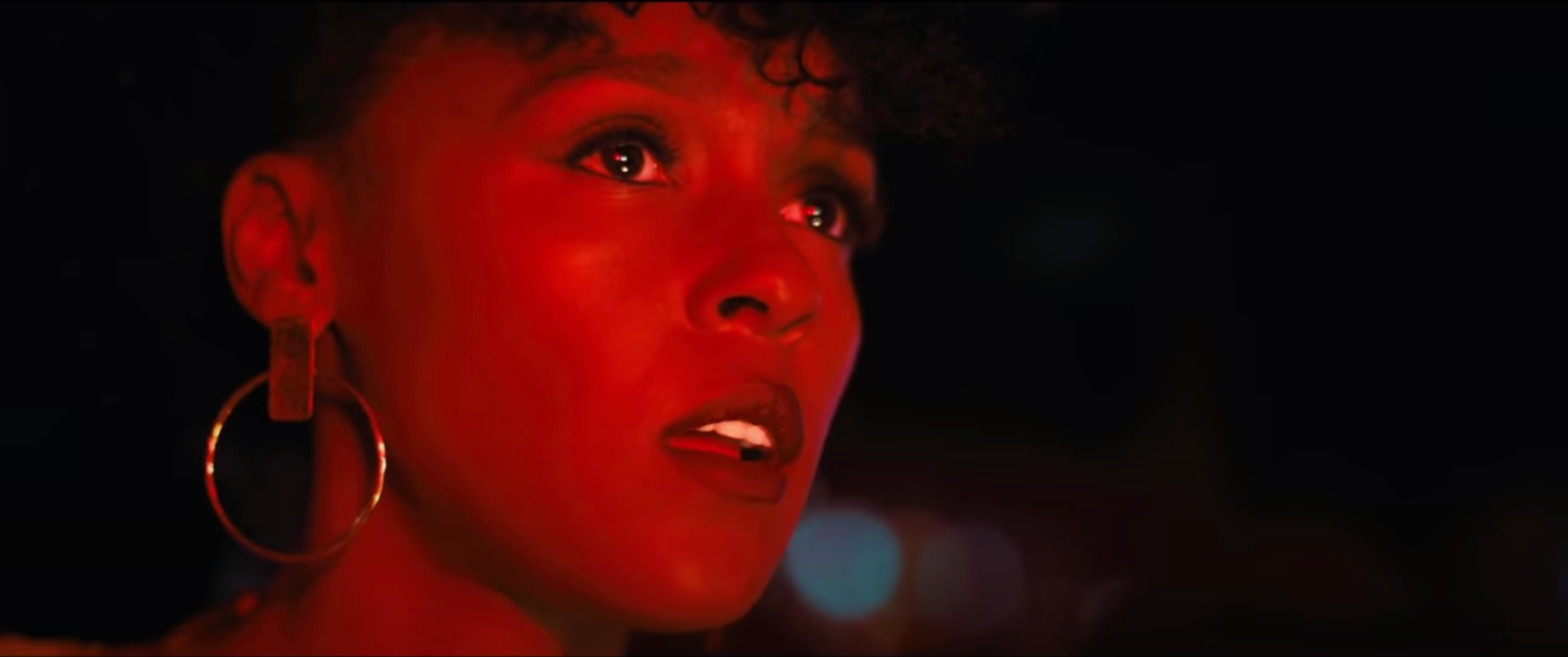
Even if we didn’t live in a country where a shockingly large fraction of people think Confederate monuments are A-O.K., Gerard Bush and Christopher Renz’s Antebellum would resonate like the boom of a Union Army cannon. If you’ve seen the trailer, you already know the twist: Janelle Monáe plays a slave named Eden on a plantation somewhere, ostensibly, in the Civil War–era South. Escape from the property—overseen by a cruel Confederate general (Eric Lange)—is impossible. Worse yet, there’s no escape from this life, which isn’t Eden’s real life at all. She’s really Veronica Henley, a successful sociologist and writer with a loving husband and daughter. For reasons Veronica can’t comprehend, she’s been dropped into a nightmare that looks an awful lot like real-life American history.
Even if Antebellum’s trailer gives the game away, it still holds the movie’s most effective secrets close. The opening is magisterial and chilling, a sweeping shot that captures both the grand beauty of the Southern landscape and the savage horror of these characters’ altered lives. Bush and Renz keep careful control over the tone: this is a tense, thoughtful picture that seeks both to entertain and provoke, rather than to simply punish its audience. It’s also very clearly a work of cathartic fantasy-horror with an underpinning in history, not a historical document, and it leans hard into its pulp sensibilities. That said, some of Antebellum’s more brutal scenes—especially those in the early section of the film—are difficult to watch. But most of its violence is blunt, righteous and gratifying. The whole point, really, is to see the bad guys get it, and Antebellum serves up a satisfying portion of “burn it all down” vengeance.
In the midst of it all, Bush and Renz know the value of a well-placed joke: when a white restaurant hostess shows Veronica and her party to the worst table in the house, her best friend, played by Gabourey Sidibe, sets the woman straight and then fumes behind her back, “The caucasity!” It’s Monáe, though, always as electrifying an actor as she is a singer, who sets the film ablaze. Veronica’s boldness doesn’t vanish when she’s forced into the role of Eden; it lies in wait, coiled like a cobra. “They’re stuck in the past. We are the future,” Veronica says to a group of Black women gathered to hear her speak, but the line belongs to all of history’s Edens, too. Monáe speaks for them as well, in a story where ghosts triumph not just over the past, but also over an insidiously threatening present.
More Must-Reads From TIME
- The 100 Most Influential People of 2024
- Coco Gauff Is Playing for Herself Now
- Scenes From Pro-Palestinian Encampments Across U.S. Universities
- 6 Compliments That Land Every Time
- If You're Dating Right Now , You're Brave: Column
- The AI That Could Heal a Divided Internet
- Fallout Is a Brilliant Model for the Future of Video Game Adaptations
- Want Weekly Recs on What to Watch, Read, and More? Sign Up for Worth Your Time
Contact us at letters@time.com